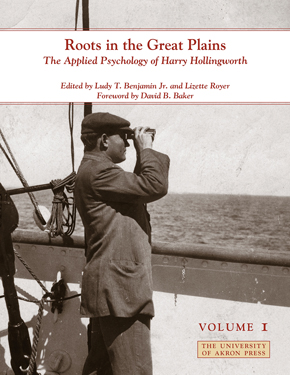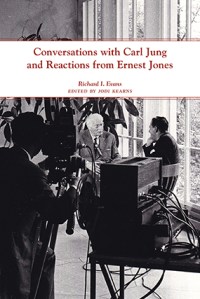Description
Harry Levi Hollingworth was one of the pioneers in the field known today as industrial-organizational psychology. He was the author of more than 20 books and 100 scientific and theoretical articles. His honors were many, including serving as President of the American Psychological Association in 1927. In 1940, at the age of 60 and partly initiated by the sudden death of his wife, Hollingworth took stock of his life in an autobiography that focused on his origins and development in rural Nebraska and his subsequent career as a psychologist at Columbia University. For the first time, this autobiography is now available. An early research study funded by the Coca-Cola Company in 1911 propelled Hollingworth to fame and eventually considerable wealth as an applied researcher in the field of business psychology. Coca-Cola was being sued by the federal government under the recently passed Pure Food and Drugs Act for marketing a beverage with a deleterious ingredient, namely caffeine, and the company wanted research on humans to counter the government’s claims. The story of this research and the trials that eventually led to the United States Supreme Court are part of the fascinating career described in this book. Hollingworth’s success in applying the science of psychology to the problems of the business world opened many doors for other psychologists including many who worked full-time in business and industrial settings. This book provides an intimate account of the life and career of a very successful applied researcher who claims, in this autobiography, that the applied problems to which he devoted virtually his entire life were never of interest to him and that he did such work only for the money. The paradox of this claim offers considerable insight into the prejudices faced by applied scientists and how Hollingworth tried to separate himself from his own accomplishments.




